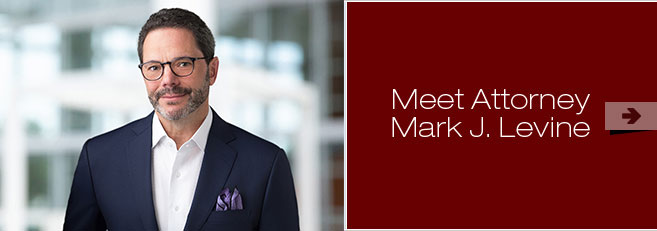Categories
Recent Posts
- A Better Way to Limit the Overuse of Noncompete Agreements
- NAVIGATING THE EEOC’S RECENT REGULATIONS ON THE PREGNANT WORKERS FAIRNESS ACT
- Meaningful Harassment Training
- Put it in Writting
- Get A Receipt: How to stop employee misappropriation
Archives
- August 2024
- June 2024
- December 2023
- October 2023
- May 2023
- February 2023
- October 2022
- August 2022
- May 2022
- April 2022
- March 2022
- January 2022
- June 2021
- May 2021
- December 2020
- September 2020
- July 2020
- May 2020
- March 2020
- February 2020
- December 2019
- October 2019
- September 2019
- June 2019
- April 2019
- March 2019
- January 2019
- December 2018
- September 2018
- June 2018
- May 2018
- February 2018
- January 2018
- December 2017
- September 2017
- July 2017
- May 2017
- April 2017
- January 2017
- October 2016
- September 2016
- July 2016
- June 2016
- May 2016
- March 2016
- February 2016
- December 2015
- November 2015
- October 2015
- August 2015
- June 2015
- May 2015
- March 2015
- January 2015
- December 2014
- November 2014
- September 2014
- August 2014
- July 2014
- May 2014
- April 2014
- March 2014
- February 2014
- January 2014
- November 2013
- September 2013
- August 2013
- July 2013
- June 2013
- May 2013
- April 2013
- February 2013
- January 2013
- October 2012
- August 2012
- July 2012
- May 2012
- April 2012
- January 2012
- December 2011
- November 2011
- October 2011
- September 2011
- May 2011
- March 2011
- January 2011
- December 2010
- November 2010
- October 2010
WHAT HR NEEDS TO KNOW ABOUT TRIAL
Posted on August 12, 2022 in Uncategorized
People might find this odd or even disturbing, but the truth is, I love jury trials. Nothing else in my work spurs the same exhilaration and thrill. Rarely does my client share this perspective, so it becomes very important that I make sure the HR professional seated with me at trial is ready for the experience. With this in mind, I thought I would share with you three things juries expect of human resource professionals.
- Juries think HR can stop bad decisions.
Juries view HR like a judge assessing the facts and witnesses to protect employees from unfair decisions. They think of HR as a gatekeeper ensuring management makes prudent decisions. While seemingly unrealistic, juries expect HR to intervene and stop a wrongful termination. They believe, correct or not, that HR has powers that might not exist in every workplace.
This jury expectation of HR makes it so important that HR do its best to help management make sound, well-reasoned decisions. When management is headed in the wrong direction, HR should ask the smart, tough questions that force reexamination of the situation. Sometime, where the facts warrant it, HR figures out how to get the employment-law attorney on the phone with management to help steer the situation to a good decision.
- Juries expect HR to be excellent witnesses.
Juries might give some witnesses a little slack, but not HR. HR is held to a higher standard. People associate HR to lawyers believing HR is experienced in legal matters and ready to tell their story at trial. Similarly, HR is a job that involves working and interacting with people. That translates to an expectation that an HR professional should be very comfortable on the stand.
- HR listens to everyone’s opinion.
Most employee handbooks explain that the company has an open-door policy. The idea is that management wants to hear from employees about all their concerns. Translation: employees expect they can walk into HR and talk about anything and everyone. Come trial, juries expect that open door concept to mean that HR has an obligation to listen to everyone’s opinion. HR is there to make sure everyone’s side of the story is told and, more importantly, recorded and reflected in notes and written statements. Juries will not excuse a failure to collect a statement from a key witness or missing the opportunity to hear from every person who had something important to share about a termination decision.
FINAL TIP: Watch a trial. Jury trials happen all the time in Harris County and in the post-COVID environment trials are broadcast on Court run Zoom lines. Nothing will teach HR more about the trial experience than watching an employment law case.
I hope you enjoyed this newsletter!

